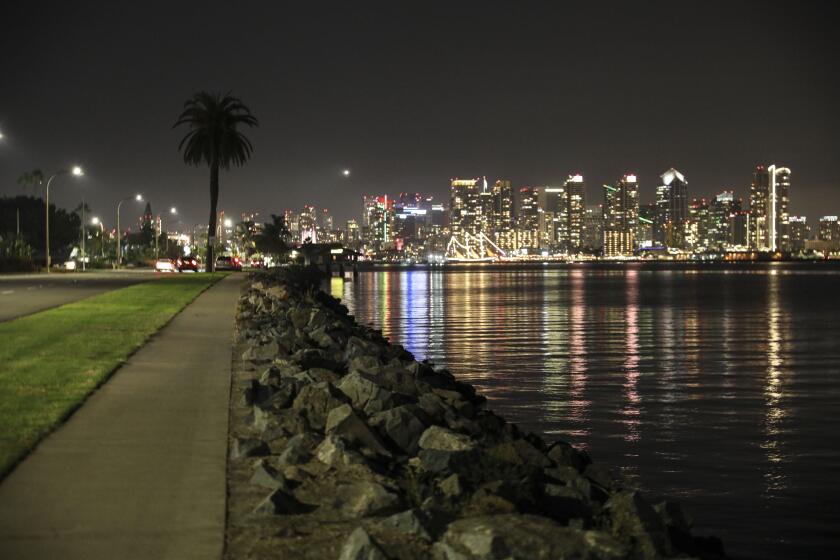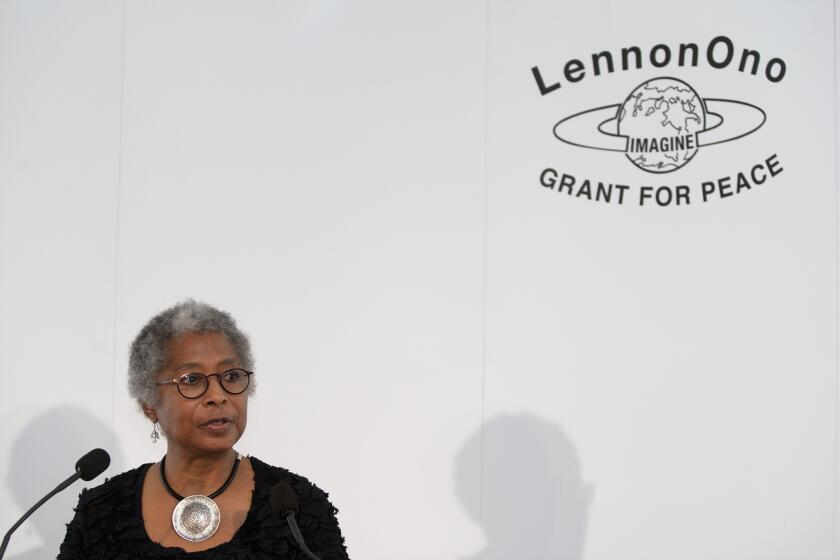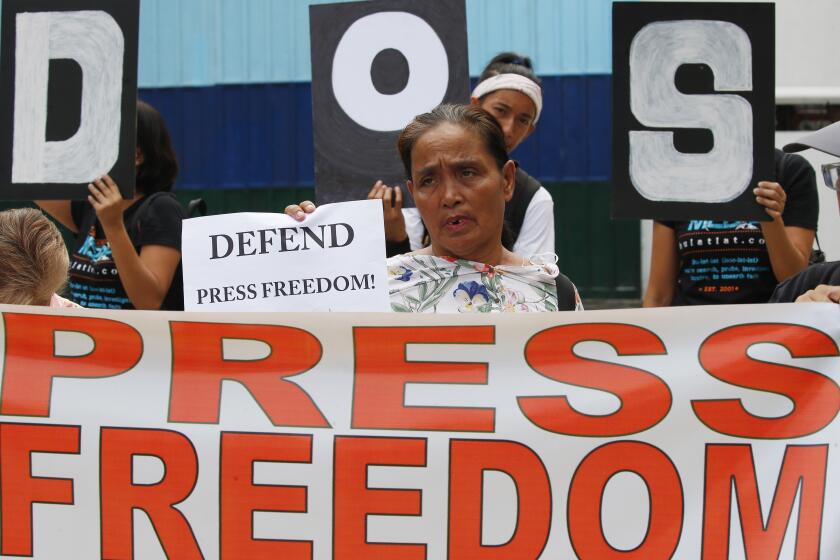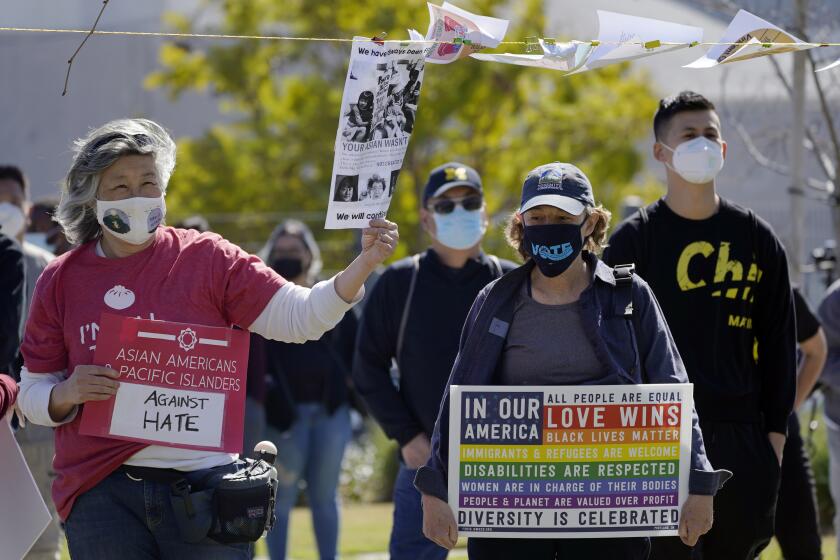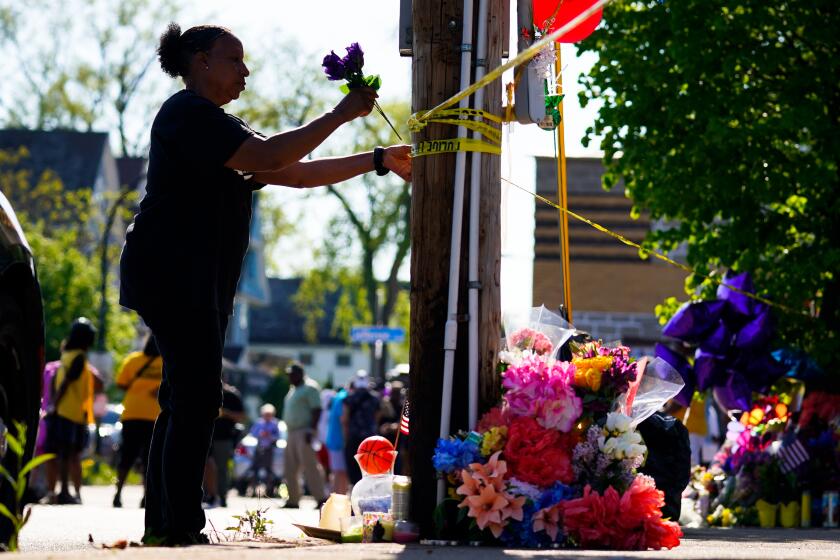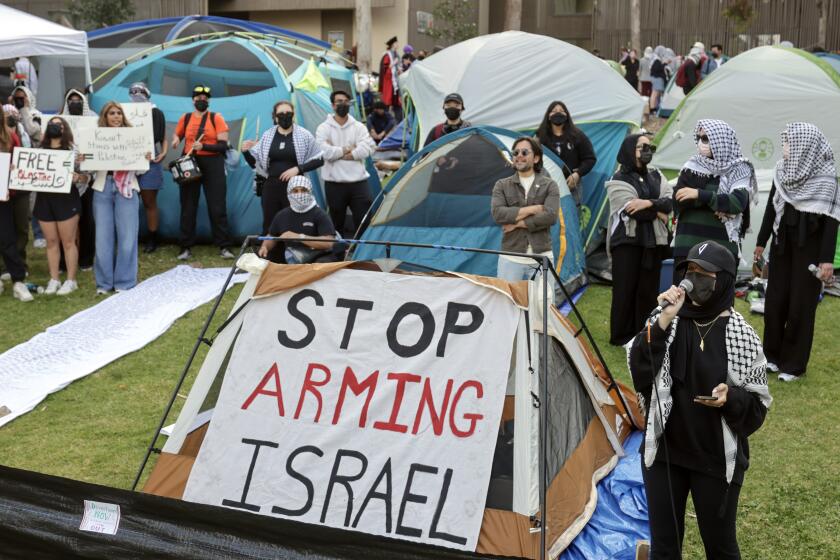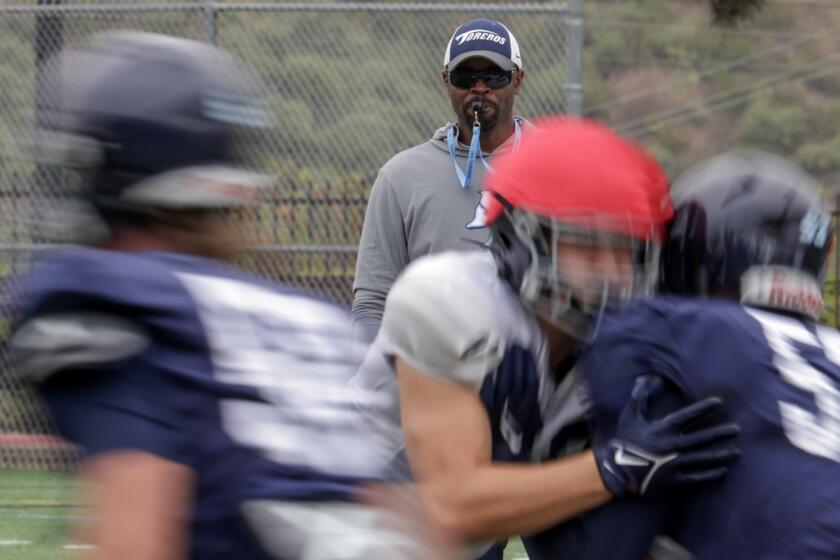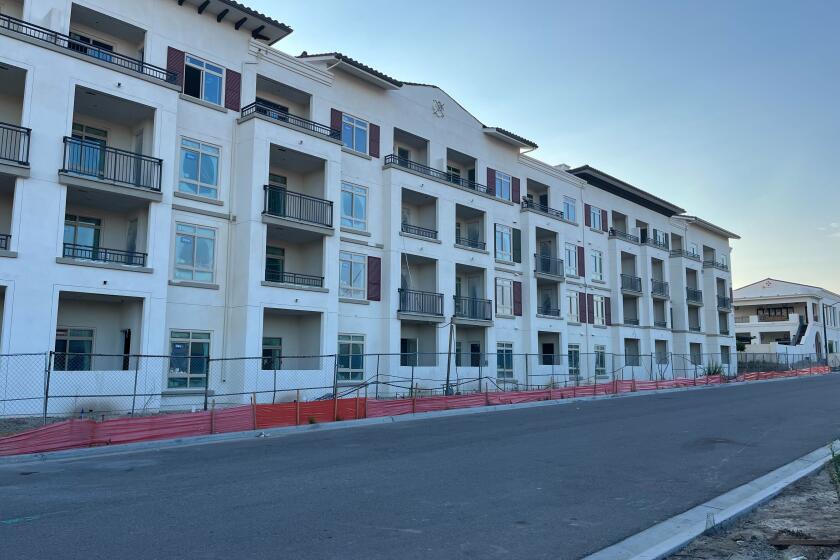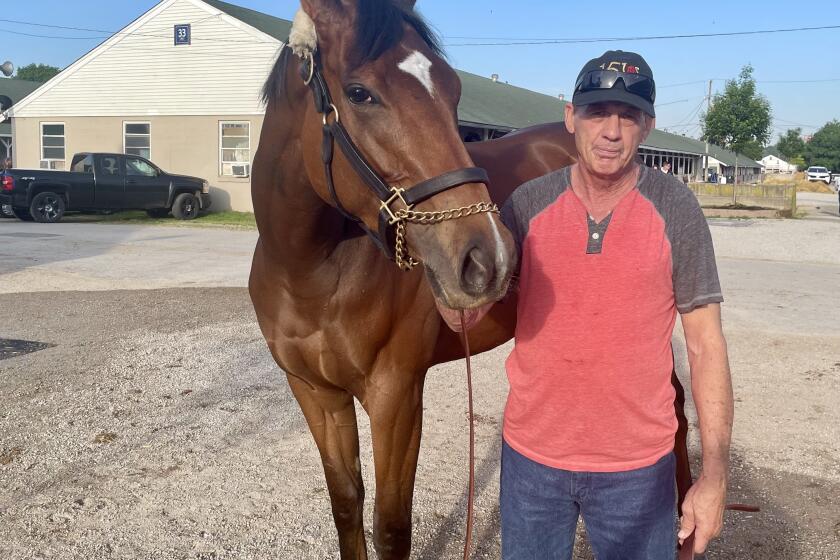Column: School officials raised alarms about threats, disruptions at meetings; We need to listen
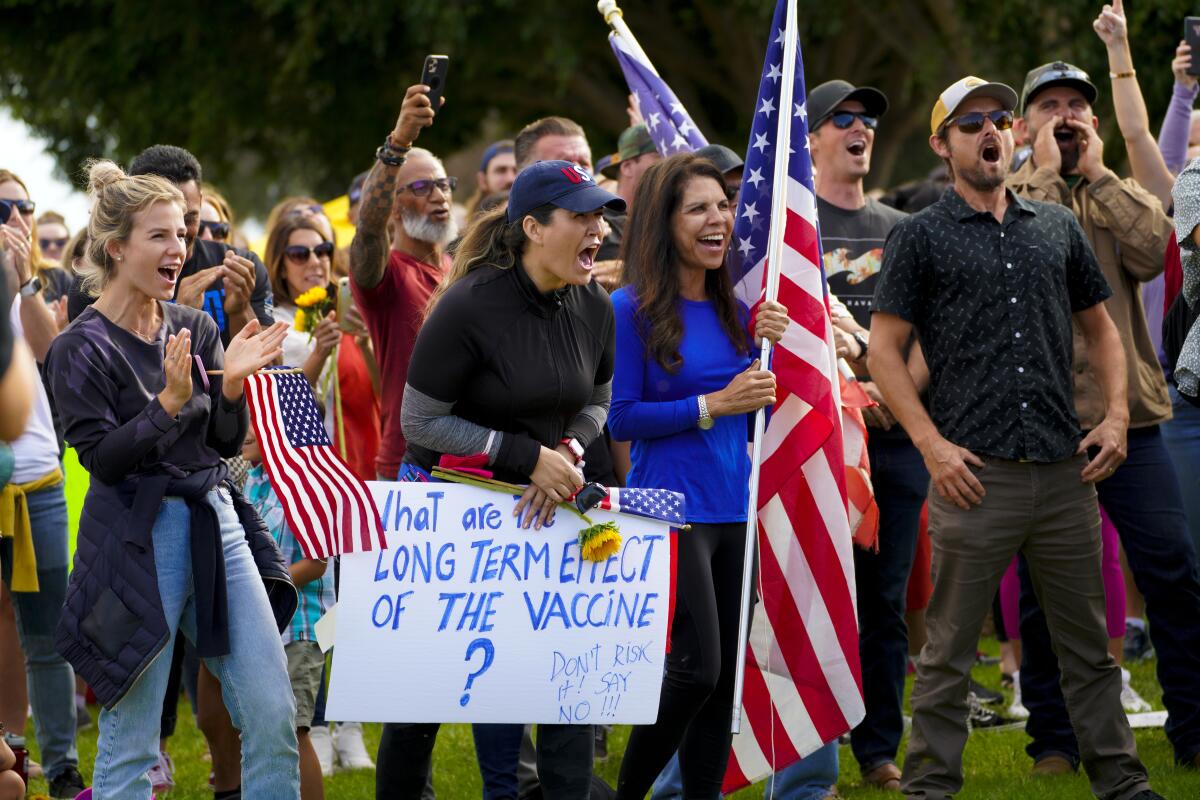
Meeting disruptions and threats stifle opportunities for the public to work toward solutions and offer elected officials useful feedback
A few weeks ago I wrote a column about political violence and how there is a growing fear among Americans that significant violence will occur down the road in response to election results.
At the time I was highlighting the issue primarily because of some rhetoric flying around the statewide recall process, rhetoric that over the last several elections has gotten more and more apocalyptic and conspiratorial.
But this weekend we received a trenchant reminder that the issue goes well beyond elections.
On Sunday the U-T’s Kristen Taketa reported that school officials are fearing for their safety amid an onslaught of unruly members of the public disrupting school board meetings and threatening and harassing board members.
For example, members of the Coronado Unified School District have been targeted by a group that opposes critical race theory because of the board’s handling of an incident earlier this year where Coronado basketball players were punished for throwing tortillas at a mostly-Latino team.
Harassment has gone beyond poor behavior at board meetings, with board members receiving threatening messages at their homes and on social media. Members have had their home addresses publicized online, and in one case a photo was circulated on the hostile group’s Facebook page of a board member walking with her two children.
Taketa reported that the California School Boards Association and the National School Boards Association have asked Gov. Gavin Newsom and President Joe Biden to intervene using local and federal agencies, including the FBI, to protect school boards throughout the state.
“Board members … are used to harsh public criticism,” Troy Flint, spokesman for the California School Boards Association, told Taketa.
“This is not a case of people who are unable to take public criticism and who are objecting to the normal, lawful expression of First Amendment rights. This is about an issue of public safety.”
I hope Newsom and Biden are receptive to the concerns school boards are raising, but I also think collectively we all need to step up and pre-emptively engage these issues, because it is very easy to imagine a situation where the disruptions and hostility we’ve seen directed at board members escalates into a truly tragic event.
The fact that we’ve seen this conduct already escalate to harassment outside of public meetings speaks to that, as does national polling that suggests Americans — across party lines — are getting more comfortable justifying political violence against those we disagree with.
For instance, a poll by the Survey Center on American Life, a conservative-affiliated research group, found that roughly 39 percent of Republicans, 31 percent of independents and 17 percent of Democrats support the notion of taking violent actions if elected leaders do not “protect America.”
I think we need to be especially sensitive to this issue as it relates to school boards because of two very specific reasons.
One: the work school board members do involves our kids, which leads people to be driven by emotion, which is naturally more volatile and can blind one’s judgment, making it easier to rationalize dangerous behavior.
Two: school board members are inherently more vulnerable to threats and violent acts than other kinds of elected officials such as members of Congress, mayors or county supervisors. School board seats are not elitist positions; they’re often occupied by very accessible community members. This means they often are not afforded the same resources and safety precautions that higher profile officials are given. You’re probably not going to see many body guards at school board meetings.
Aside from basic human decency, there is also a very practical reason we should make it clear these threats and meeting disruptions are not acceptable.
I covered local government in San Diego and southeastern Connecticut for three years and there were occasions where you’d see erratic behavior during public comments. But, more often than not, prior to the pandemic that behavior was an outlier, and members of the public were more constructive when they addressed local boards.
People use to respectfully give feedback to elected officials and offer specific criticisms of policies or suggestions for improvements. In many ways it illustrated the underlying spirit of why we have public meetings to begin with, to not only increase government accountability but also to provide a method for citizens to truly contribute ideas and suggestions for building better policies.
In other words, meetings were inherently solutions-oriented and allowed officials to be more responsive to community concerns.
What we have seen of late is different, though. The people disrupting board meetings — be it at schools or the county — are often driven by anger that’s not concentrated on working toward solutions. Their behavior is often disrespectful to officials and to other members of the public who come to share their opinions, and it is simply unproductive in the grand scheme of things because it’s literally preventing a dialogue from even occurring.
For example, this year we’ve seen the Vista Unified School District, the Poway Unified School District and the San Diego County Board of Supervisors all have to halt meetings because of the disruptive behavior of members of the public who have used force, threats and public outbursts to prevent normal proceedings and public comment. And when they aren’t stopping meetings, these people thwart conversation by promoting a hostile environment for public discussion, where other public speakers are shouted at and mocked as they tried to address officials.
Because of that, it falls on all of us to take these concerns seriously. We need to find ways to support school officials and other local officials in the business of doing their jobs and hosting a productive public forum.
And we need to make sure our local law enforcement is supporting this effort as well and not giving these disruptors a pass.
Get Essential San Diego, weekday mornings
Get top headlines from the Union-Tribune in your inbox weekday mornings, including top news, local, sports, business, entertainment and opinion.
You may occasionally receive promotional content from the San Diego Union-Tribune.

